Link Du Jour: How I Learned to Stop Worrying and Love eBooks

The Kindle. The Nook. EBooks – where do you stand? For? Against? Or do you reside in the “wait and see” camp? That is where I have planted my tent stakes for the time being.
ADVERTISEMENT
ADVERTISEMENT
But as time passes, we’ll only be moving toward ebooks, not away.
Illustrator/author Lucy Knisley offers her take on the ebook debate in comic form, a method always appreciated by this children’s lit blogger. Click the image below to read.
(Thanks to BoingBoing for the link)
Filed under: Link Du Jour
About Travis Jonker
Travis Jonker is an elementary school librarian in Michigan. He writes reviews (and the occasional article or two) for School Library Journal and is a member of the 2014 Caldecott committee. You can email Travis at scopenotes@gmail.com, or follow him on Twitter: @100scopenotes.
ADVERTISEMENT
ADVERTISEMENT
SLJ Blog Network
A Good Story Well Told: The Story Craft Podcast You Need In Your Life Right Now
Hikaru in the Light!, vol. 1 | Review
30 Contenders? Our Updated Mock Newbery List
When Book Bans are a Form of Discrimination, What is the Path to Justice?
See You Saturday at Teen Lit Con in Minnesota!
ADVERTISEMENT

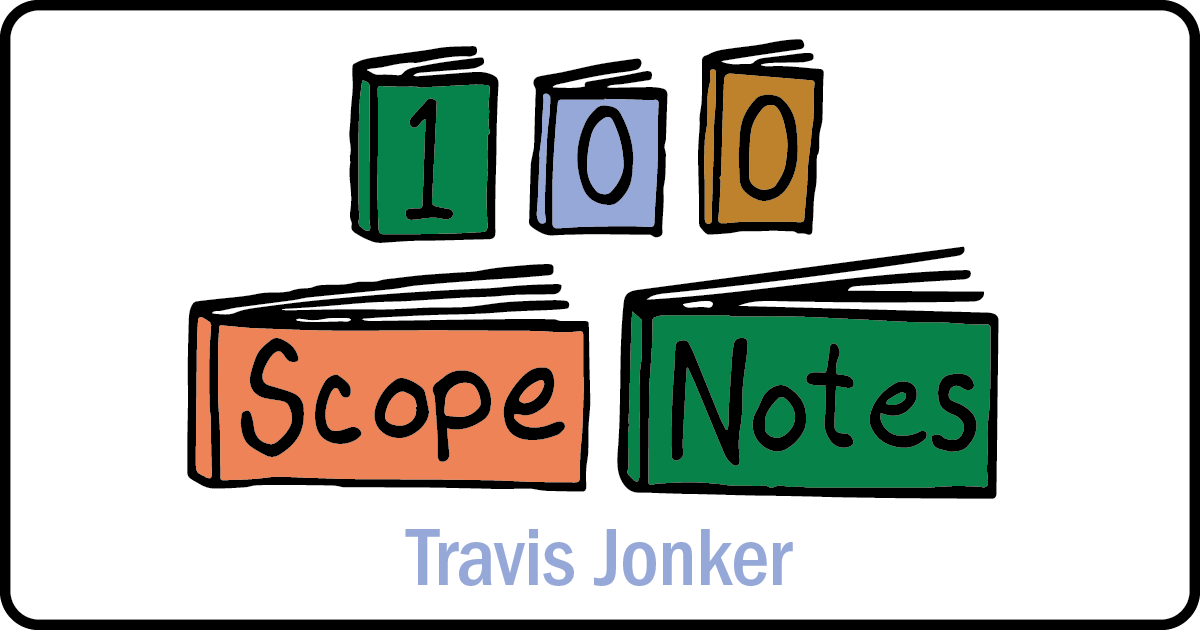

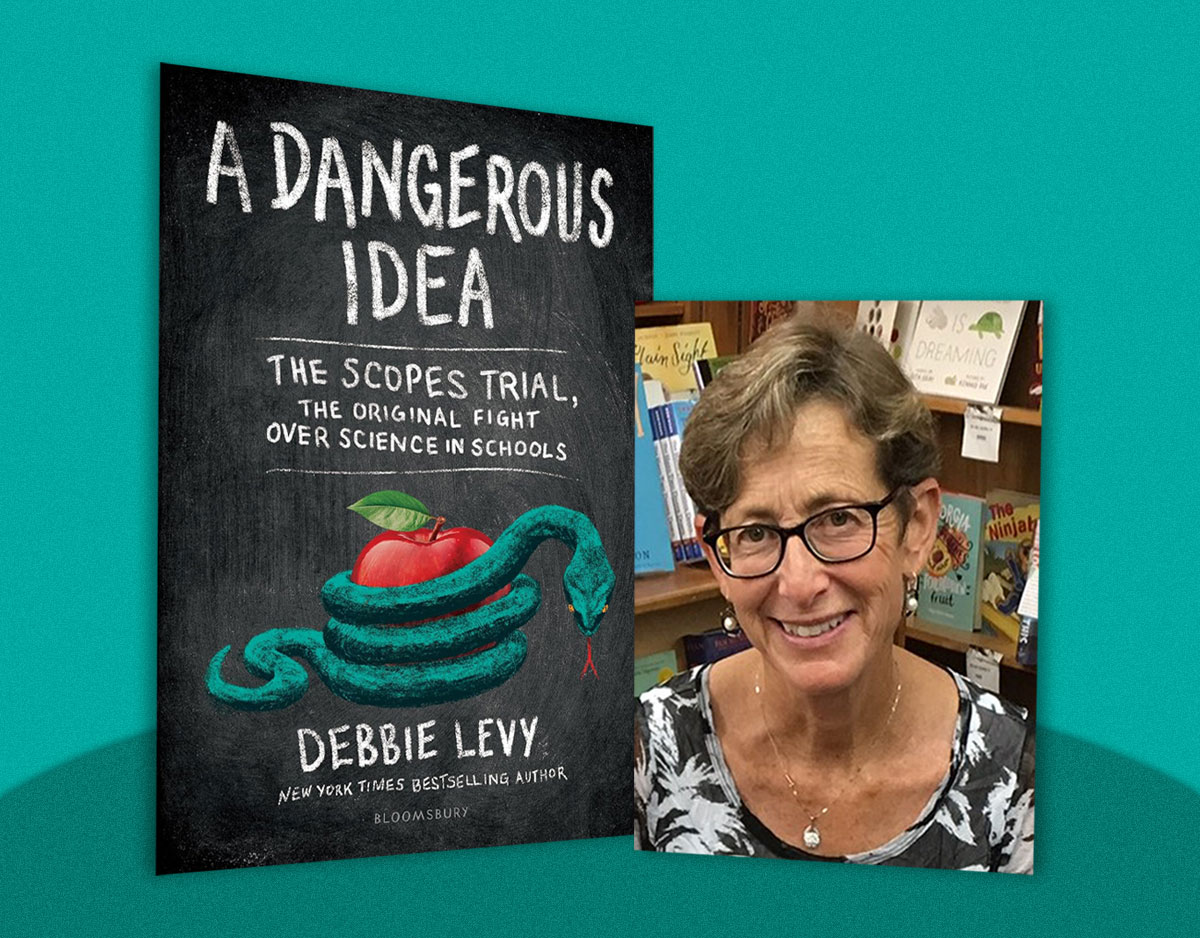
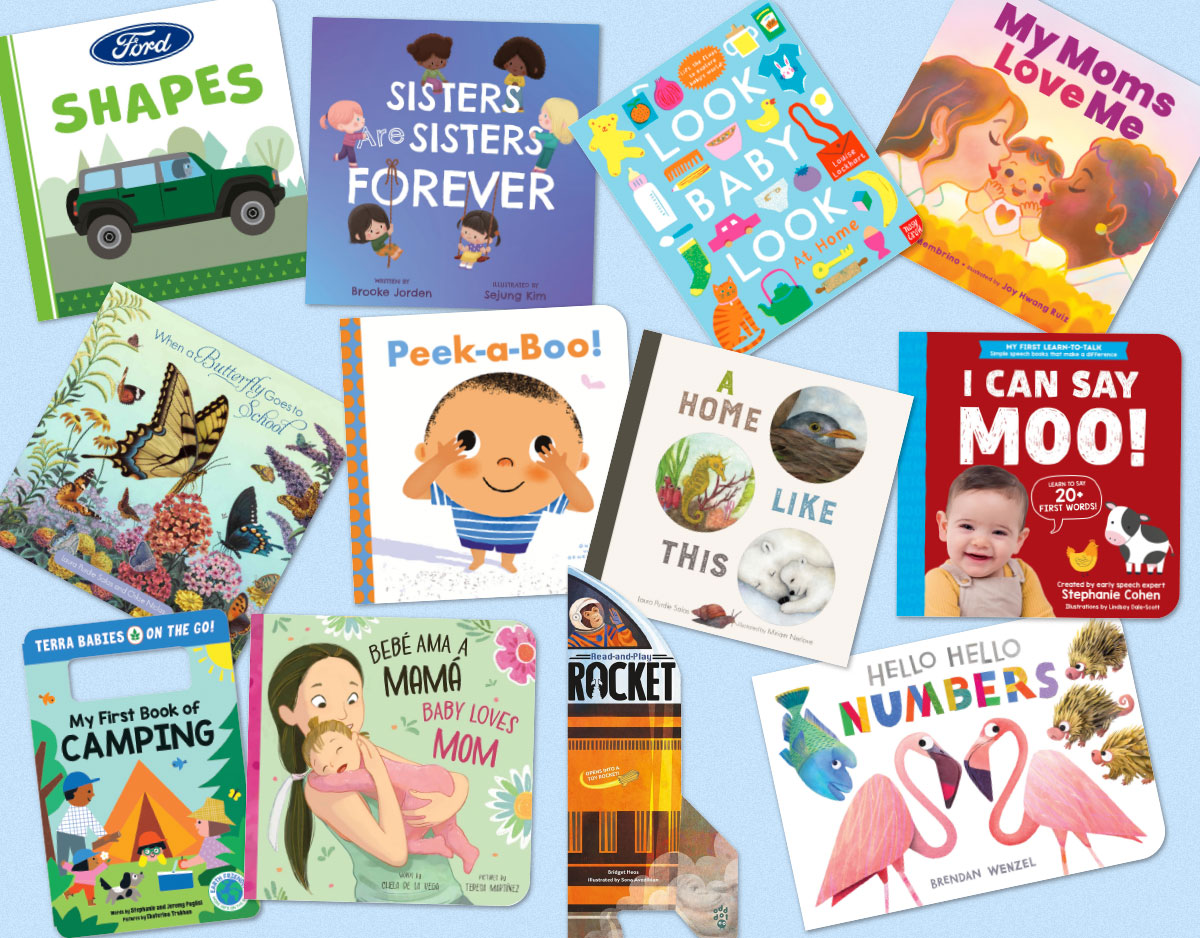
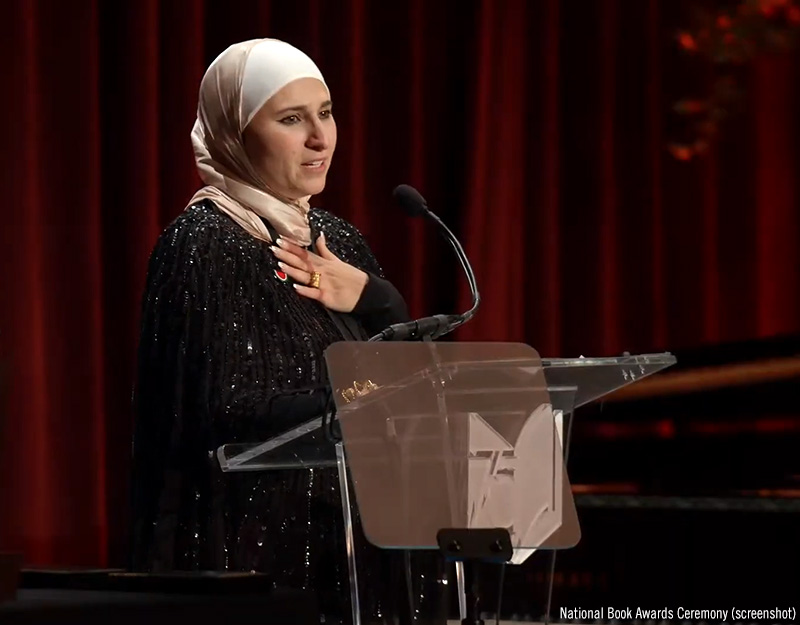
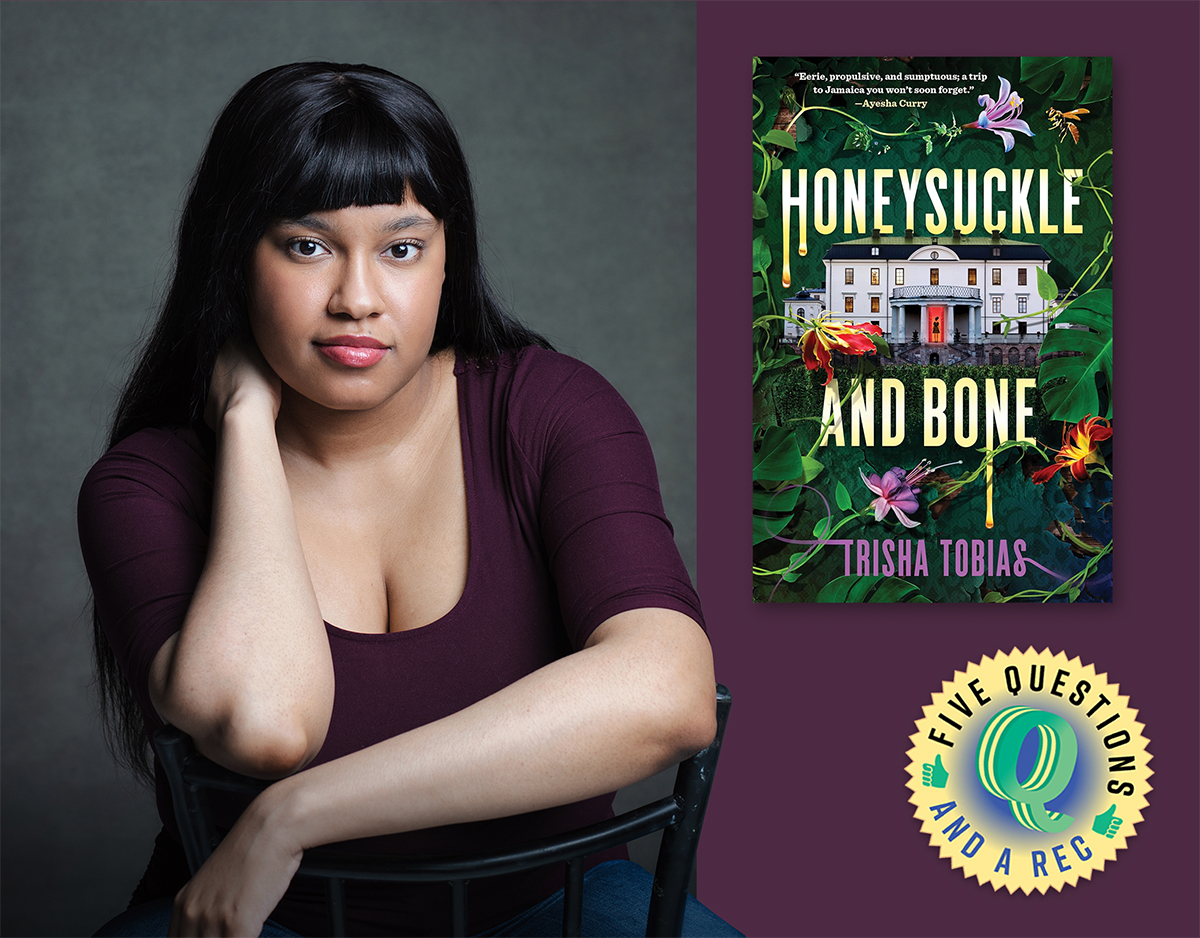
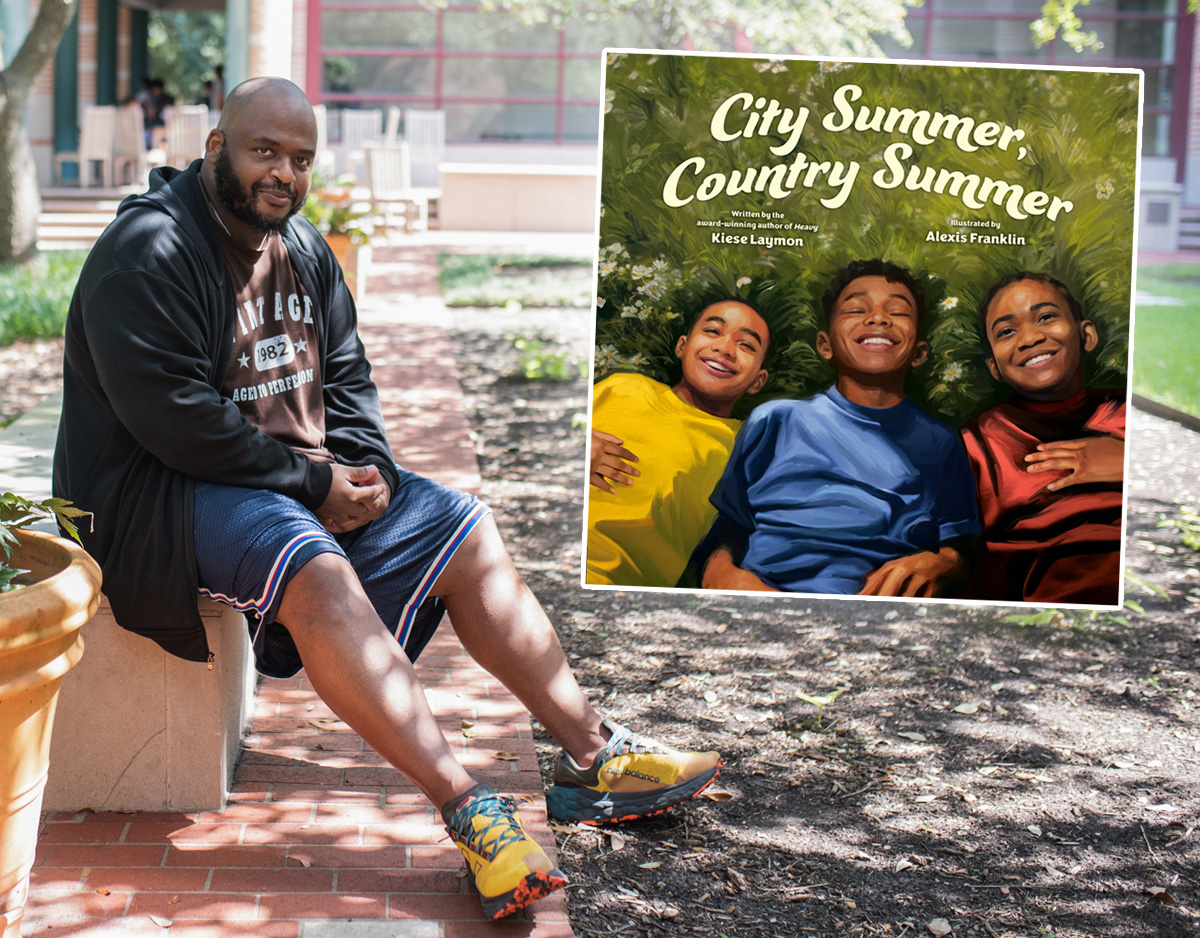
I am heartily “for” and have trouble understanding arguments against, which pretty much all strike me as reactionary. I started to write a long comment, then turned it into a post of my own, here: http://tinyurl.com/yabfsed
Thanks for your thoughts, Wendy! My wait and see mentality mostly has to do with picture books, as those rely so heavily on illustration, design, and layout to tell a story. Do you think we’ll reach a point where most text-only books are consumed in digital form, but picture books will still be in dead-tree format? Or do you think a picture ebook reader will come along and all children’s books will become electronic?
I bought a Kindle for my husband for Father’s Day last June and he has convinced me that they have a firm place beside the printed book and has ordered one for me for Christmas. He is dyslexic and has trouble with an independent eye wandering to the other page of an open spread making him lose his place. The single page format helps him a lot. If he doesn’t know how to pronounce a word, it reads it for him, and his fav feature is the dictionary at the ready. Put the cursor over a word and the definition appears at the bottom of the screen. He’s always been a reader of magazines, newspapers and some nonfiction but he’s read four books on his Kindle since June, one just recently in a week. He travels for a living and loves being able to buy the books on the fly. Oh, and at our age, he loves the ability to increase the font size. He’s convinced I need to buy e-readers for my school library for my struggling readers. Now to find the funds.
Thanks Cindy – you bring up some valuable points about the added features that ebook readers have. I never thought about how the single-page format could be helpful for many readers. Makes sense. I agree – those added functions would be helpful for struggling readers. I have heard of a some public libraries loaning out Kindles, but not many school libraries – that would be very cool to try. Seems like they are slowly coming down in price, so we may not have to wait long before adding them to school library collections.
I think, as many others have pointed out, that picture books will probably be the last big holdouts–I DO see that it is more difficult to get cuddly with a kid and read a picture book on an electronic device. I’m also thinking now about families and independent child readers–will there be a time when every member of a family has his/her own e-reader? It’s hard for me to imagine, but then, it seems that in lots of families every person has his/her own cell phone, so this wouldn’t necessarily be that different.
I think a picture book would read well enough in its original context/format on my computer, preserving layout, but it seems unlikely that would work on an iPhone. (And I’ve never actually looked at a Kindle up close, so I don’t know about that.) From an art-lover’s standpoint, though… I cringe at the idea of people only knowing those images from digitized versions. I guess the average person wouldn’t really notice the difference in image quality, but only consciously. The most beautiful digital work is not as aesthetically pleasing or true to the original as good printed work, which is, of course, dead compared with an original, but still pretty good. It’s like the difference between records and CDs. Though, come to think of it, I know nothing about how picture books are produced now; probably all the images are digitized anyway. But I still think they’re going to look worse on a screen.